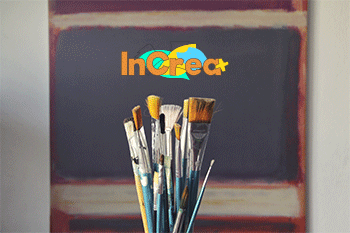
INCLUSIVE CREATIVITY THROUGH EDUCATIONAL ARTMAKING
Recent researches found new promising applications for arts in education. The teaching of arts in formal and informal educational settings, when referring to theoretically based strategies that meaningfully and effectively addresses the strengths and needs of a diverse range of students can support the establishment of a more inclusive school culture and promote students’ wellbeing (Hannigan et al, 2019; Gnezda, 2015).
Several research studies evidence how arts provide the perfect platform for inclusive practices, promote cooperative learning, strengthen the learning growth and development of all students, while promoting also creative expression, problem solving, critical thinking skills, intercultural communication (Favella, 2017) and wellbeing for children with and without special needs (Ugurlu et al., 2016; Lyshak-Stelzer et al., 2007; Valentino, 2016). Thus, they are able to promote the three sets of 21st century skills, defined by other studies (Kay, 2009; Trilling, Fadel, 2009).:
- Learning and innovation skills
- Digital literacy skills
- Career and life skills
These benefits have become even more useful during COVID-19 pandemic, which severely worsened educational disparities and increased forecasted dropout rates (UN, 2020). Worldwide school closures caused distress in numerous students, which it will significantly affect their educational attainment (Pisano et al., 2020; Orgiles et al, 2020). To counteract these negative consequences more inclusive education practices, attentive of students learning and mental needs are recommended (OECD, 2020).
The InCrea + project aims to integrate a variety of arts-based education processes into the existing curriculum.